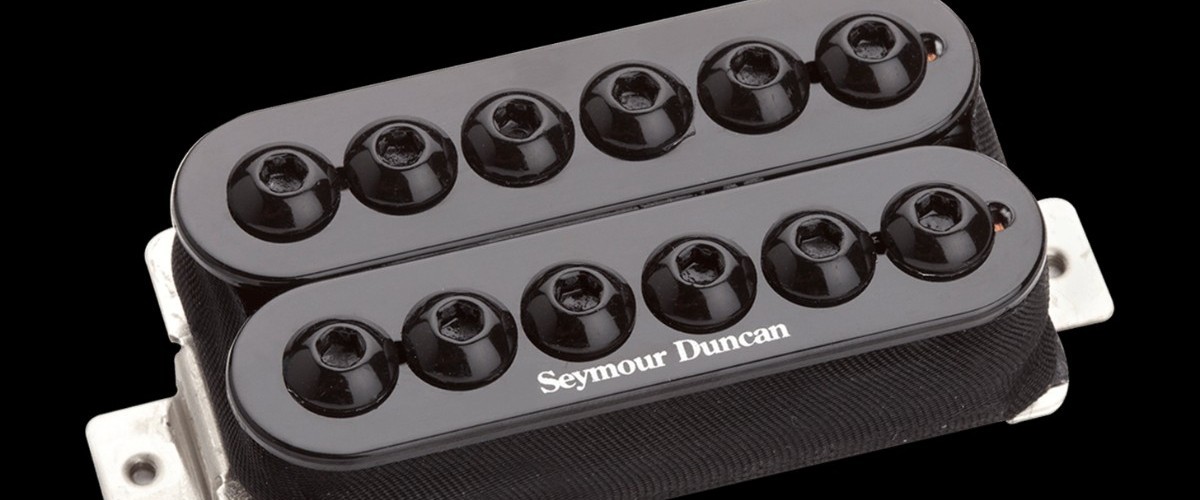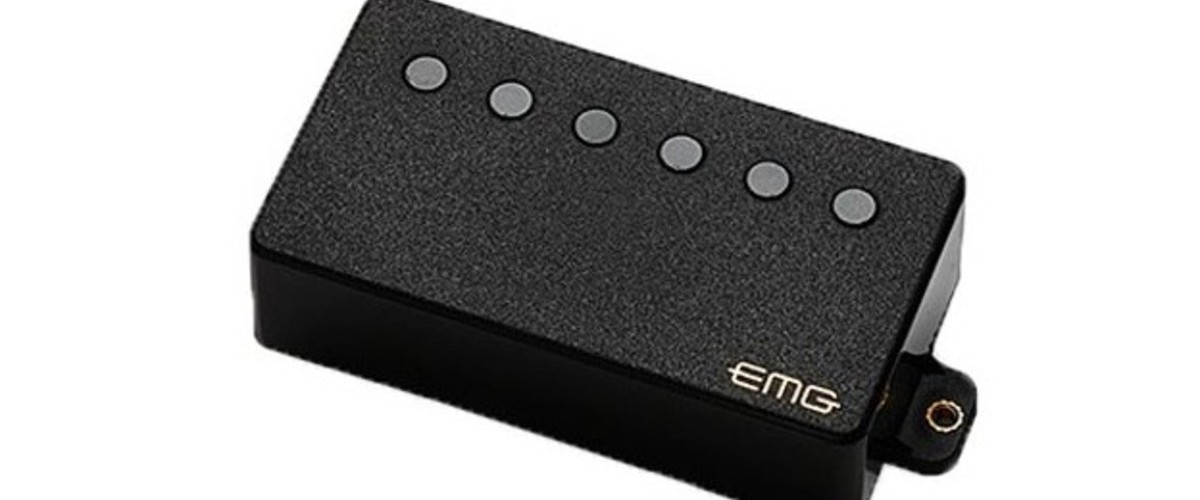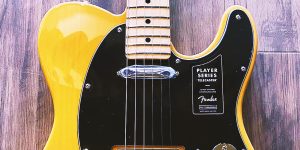When it comes to choosing a guitar pickup, there are two main types: passive and active. Both have their own unique benefits, so which one is right for you? In this blog post, we’ll take a look at the differences between passive and active pickups, and help you decide which one is best for your playing style.
What Is a Pickup?
The pickup is the piece of metal or plastic that sits below the strings on the body of your guitar or bass. It “picks up” the vibrations from the strings and sends them to your amp, making sound come out.
The pickup on a guitar or bass is made of a magnet and copper wire. Playing the strings disrupts the magnet and alters the current running through the copper wire. That current then moves through the amplifier, which creates your sound.
Passive Pickups

Passive pickups are the most common type of pickup. They’re simple devices that don’t require any battery power to work.
The magnets in passive pickups are typically made of steel or ceramic. Steel is a stronger magnet, which means it can produce a higher output signal. Ceramic magnets are weaker but lighter, so you can use them to create a brighter, clearer tone.
By the way, do not forget about the guitar cable. It can drastically affect the sound of your guitar. The cable has capacitance and resistance and will work like an RC low pass filter. Accordingly, the lower the resistance and capacitance, the less distortion it introduces into the guitar’s sound. And actually, this is precisely what explains the fact that the cables sound different, though you can hear it on good equipment.
The advantages of a passive pickup
- The pickup on this guitar is more sensitive to the strings’ vibrations, so you’ll need to make your tone more expressive.
- You can create richer and more varied music by being able to pick up on subtle tones.
The disadvantages of a passive pickup
- They’re less resistant to interference from other electronic devices so you may get some unwanted noise in your signal.
- The amplifier produces more feedback when you play your guitar or bass. This feedback can interfere with the sound and tone of your instrument.
- Their output is more limited.
Active Pickups

Active pickups are battery-powered, which means they can amplify the signal from your strings more than passive pickups. It makes active pickups excellent for high-gain music styles such as metal. It also means you can use them to produce a wider range of tones than passive pickups. Active pickups usually have less power than passive pickups, but they make up for this by being able to reproduce a wider range of sounds. As a result, systems with active pickups often produce a stronger output than passive systems.
In addition, active systems may use passive volume and tone controls like passive pickups. These adjustments always have different values for the resistance of the potentiometers and capacitances of the capacitors. Usually, you should use the parts and parts recommended by the cartridge manufacturer.
The advantages of an active pickup
- Active pickups give your music a cleaner sound than passive pickups.
- It is easier to handle high-gain distortions.
- Active pickups sound better than those in lower-quality guitars or basses.
The disadvantages of an active pickup
- Guitars with active pickups tend to cost more than guitars with passive pickups.
- If your battery runs out, the instrument will not work until you replace the battery.
Do I Need Active or Passive Pickups?
The type of pickup you need depends on the music you want to play. If you’re looking for a clean, classic sound, passive pickups are probably what you’re after. However, if you want to be able to create a wider range of tones, or if you need more output for high-gain styles of music, then active pickups are the way to go.
If we talk about the sound of active and passive pickups, it is usually said that active pickups are less “live”. Their sound is synthetic and emasculated compared to passive pickups. In general, there are a huge number of fans of active pickups.
We are supported by our audience. When you purchase through links on our site, we may earn an affiliate commission at no extra cost to you.
Our newsletter
* We will never send you spam or share your email with third parties












